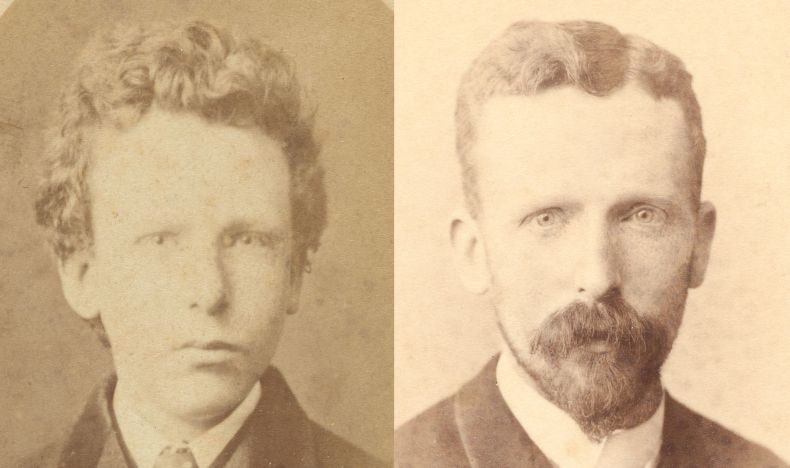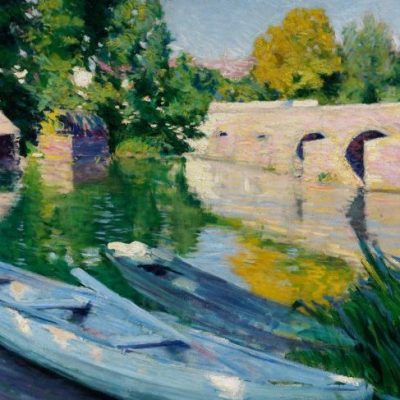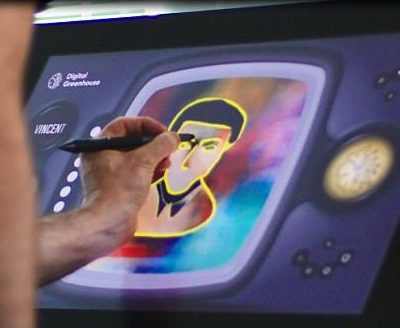Introducing Rakewell, Apollo’s wandering eye on the art world. Look out for regular posts taking a rakish perspective on art and museum stories
A photograph that had for decades been thought to depict a 13-year-old Vincent van Gogh turns out to do no such thing. Research conducted by the Van Gogh Museum in Amsterdam and expert Yves Vasseur has led to the conclusion that the image – previously believed to be one of only two portrait photographs of the artist – actually depicts his younger brother Theo.
Left: portrait of Theo van Gogh aged 15, formerly identified as a photograph of Vincent van Gogh aged 13. Right: Theo Van Gogh, aged 32. Vincent van Gogh Foundation

‘I discovered by chance that the photographer who took the portrait in question, Balduin Schwarz, only moved into his photographic studio in Brussels in 1870,’ Vasseur comments, in a statement released by the museum. ‘I realised that Vincent would have been much older than 13 at the time and wondered whether it was even possible for it to be him in the photograph.’ However, Theo, who lived in Brussels for a time, may well have come across Schwarz in 1873, when he was 15. Forensic experts confirmed the high likelihood that the sitter in the portrait is Theo.
Vincent’s age appear to be far less important when it comes to the silver screen, however. Speaking to New York magazine a few weeks ago, Willem Dafoe – who plays Vincent in the Julian Schnabel-directed biopic Eternity’s Gate – pronounced himself none too pleased with ageist comments regarding his casting.
Dafoe, who is (in his own words) ‘a youthful 63’, sees no problem with the fact that Vincent was in his late 30s in the period covered by the film. ‘It pisses me off when people say this,’ he said. ‘I’ve heard it a couple of times because those internet trolls get on this shit. […] I started thinking, 37, he was pretty beat-up. Thirty-seven in France in 1890. I did some research. I saw what the median age at death for men in France was at that time: 48. So he was not a young man.’
Got a story for Rakewell? Get in touch at rakewell@apollomag.com or via @Rakewelltweets.




